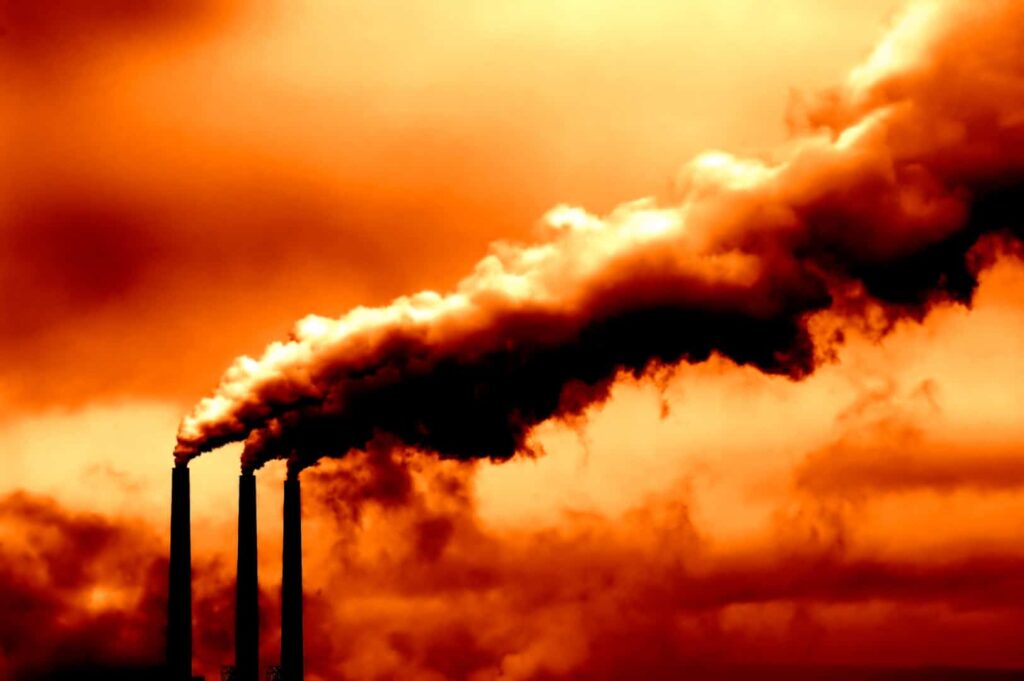
The carbon bubble bursts

Stocks crash as executive orders bite
- Dateline
- 5 February 2021
US President Bernie Sanders has signed a series of Executive Orders designed as emergency measures to combat climate change. The net effect is to make fossil fuels way too costly to produce and consume, forcing emissions lower and a massive swing to nuclear and renewable power.
On top of that, the plummeting cost of solar has convinced many consumers, even those skeptical about global warming, to switch to a system of distributed power generation and consumption. These micro-grids and rooftop panels enable millions of households to buy and sell electricity from each other, lowering overall cost, and improving efficiency.
Now that hard penalties have been legislated, the oil companies that have not already embraced the swing to solar are seeing their valuations plummet as institutional investors bail out. Huge write-offs of un-exploitable reserves are inevitable, adding to the selling pressure.
The knock-on effect will send shockwaves through the global economy. Economists and rating agencies have been warning for years that the practice of oil and gas companies continuing to invest in the search for reserves was not sustainable. Those reserves found their way into the corporate balance sheets and market valuations of carbon stocks. Now they are stuck in the ground.
Environmentalists and climate activists are rejoicing. “It’s about time the fat-cat fossil fuel companies got their comeuppance,” said Dan Neugeld on social media. But when declining pension funds and austerity kick in, many middle-class Americans are going to feel the pinch.
Rational optimists like Matt Ridley are calling this move “Absolute folly. You can’t change the climate by impoverishing the energy poor.” A global recession will undoubtedly lead to lower carbon emissions; but is it worth it?
Links to related stories
Warning: Hazardous thinking at work
Despite appearances to the contrary, Futureworld cannot and does not predict the future. Our Mindbullets scenarios are fictitious and designed purely to explore possible futures, challenge and stimulate strategic thinking. Use these at your own risk. Any reference to actual people, entities or events is entirely allegorical. Copyright Futureworld International Limited. Reproduction or distribution permitted only with recognition of Copyright and the inclusion of this disclaimer.